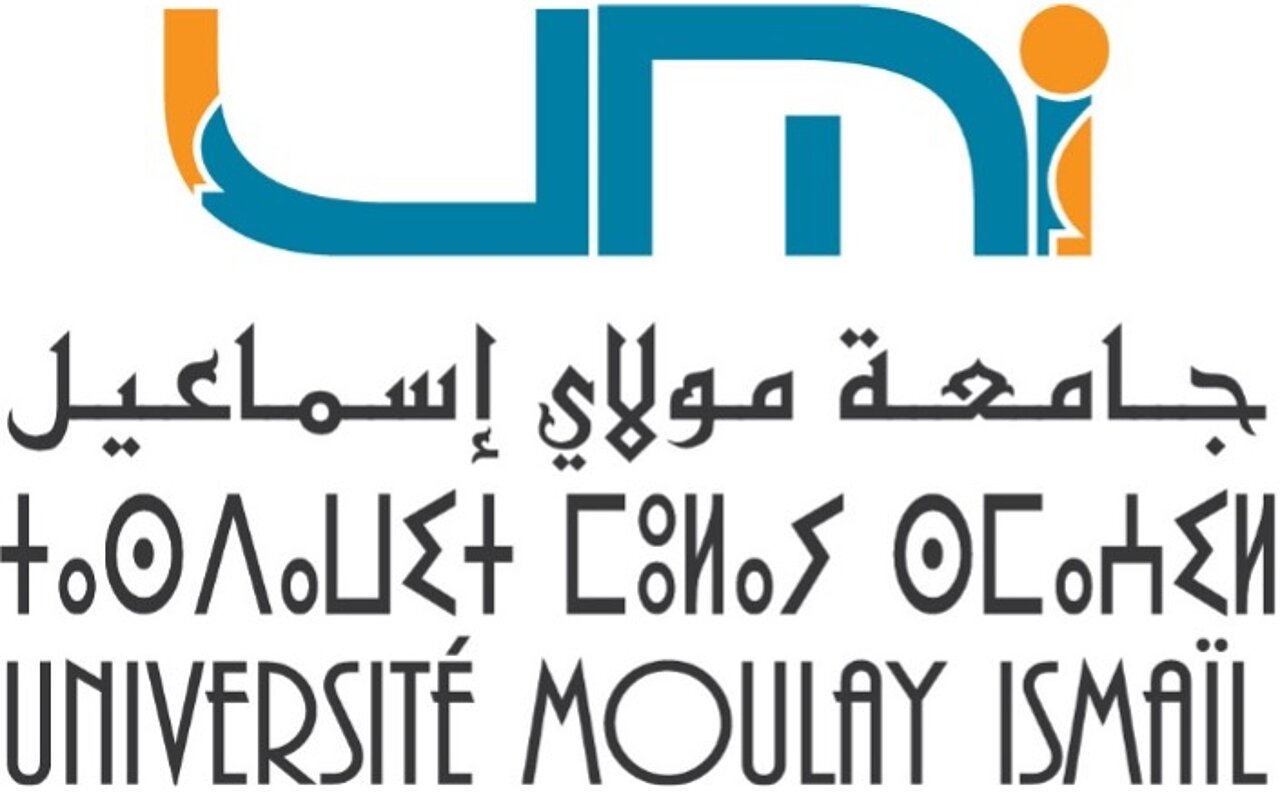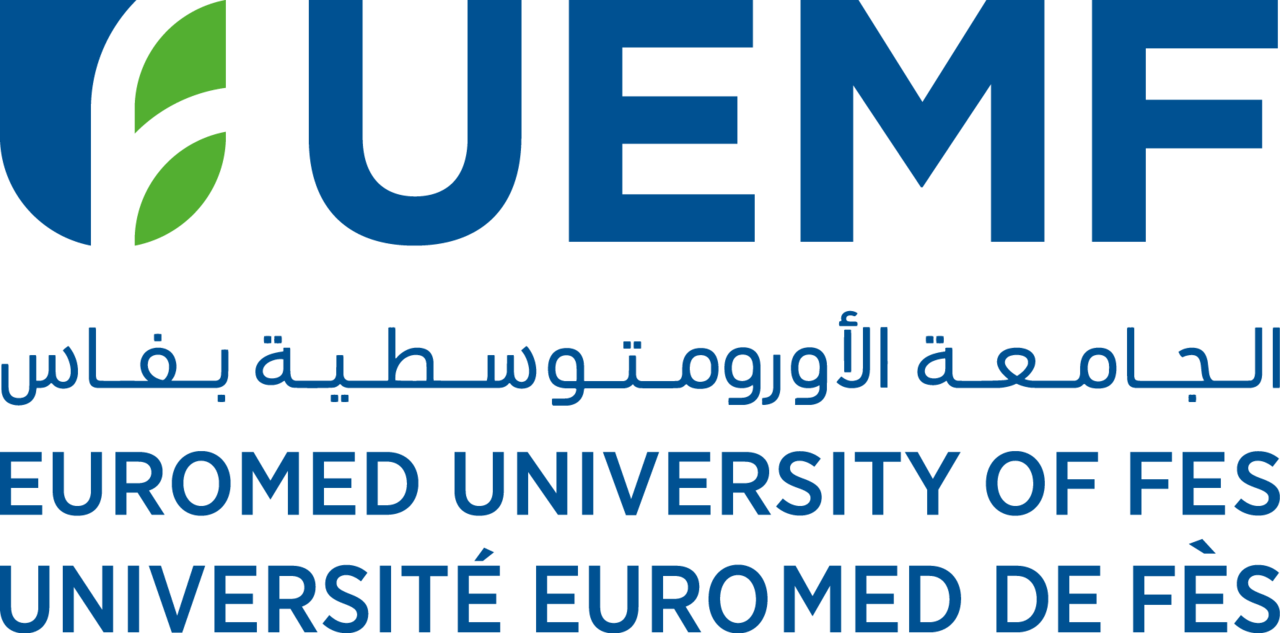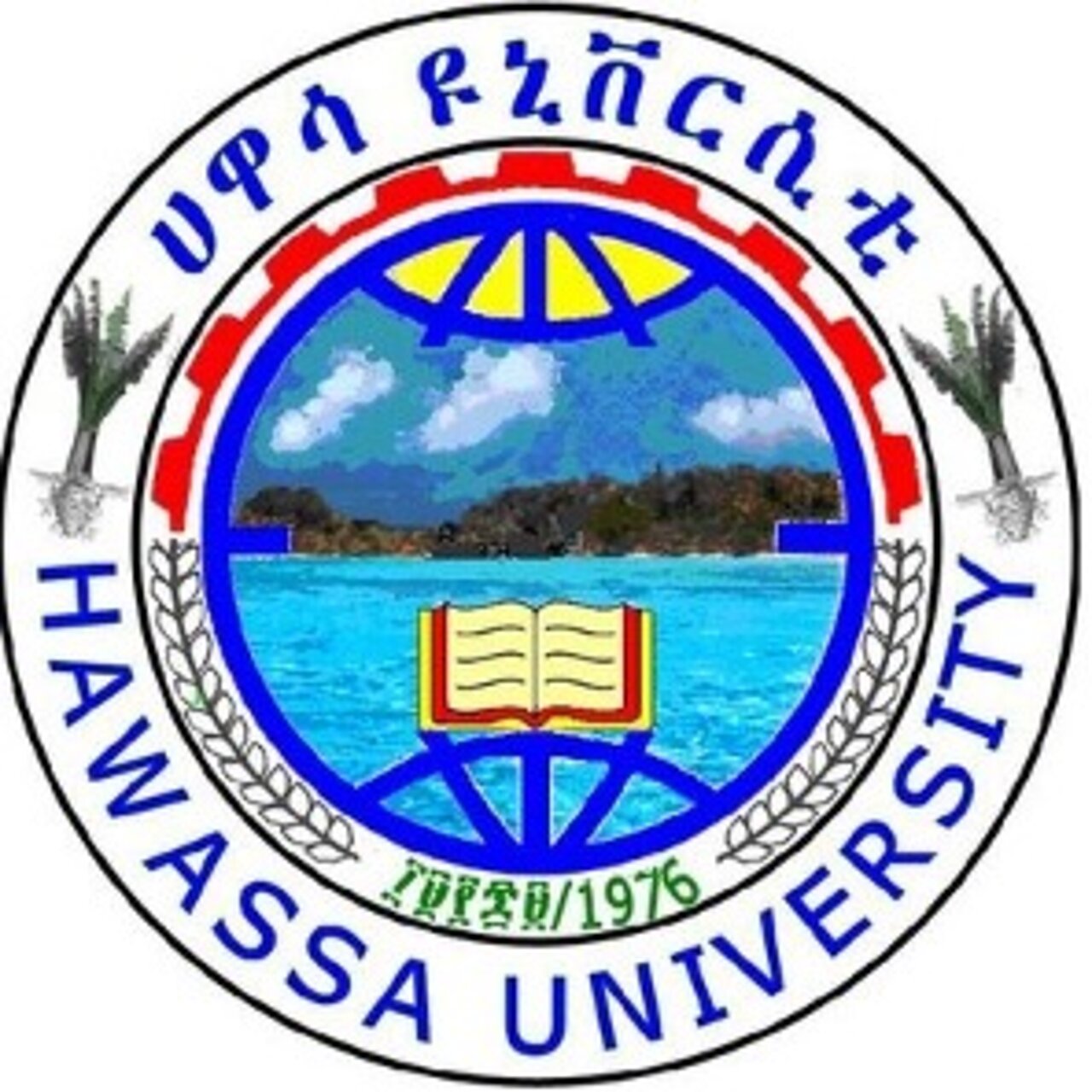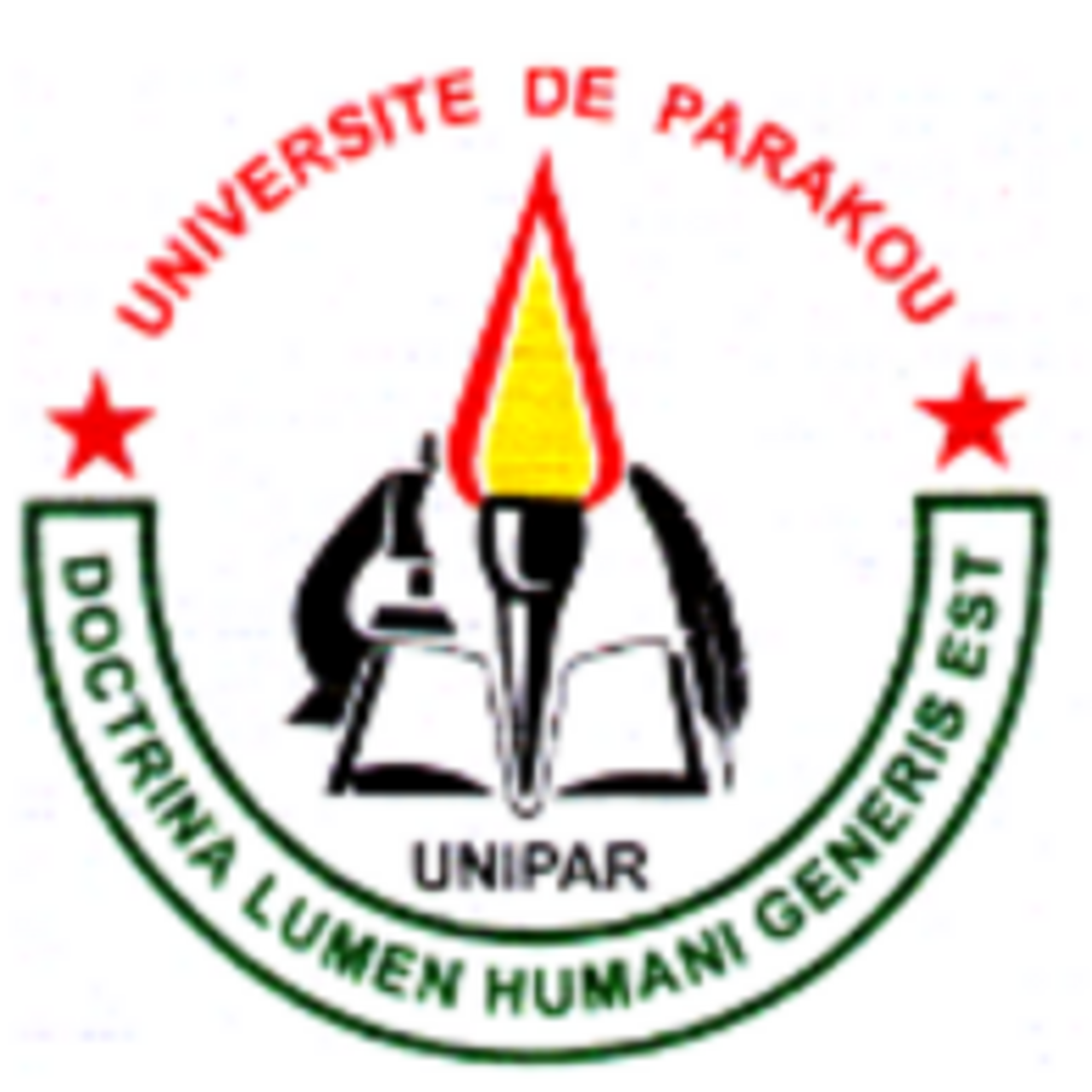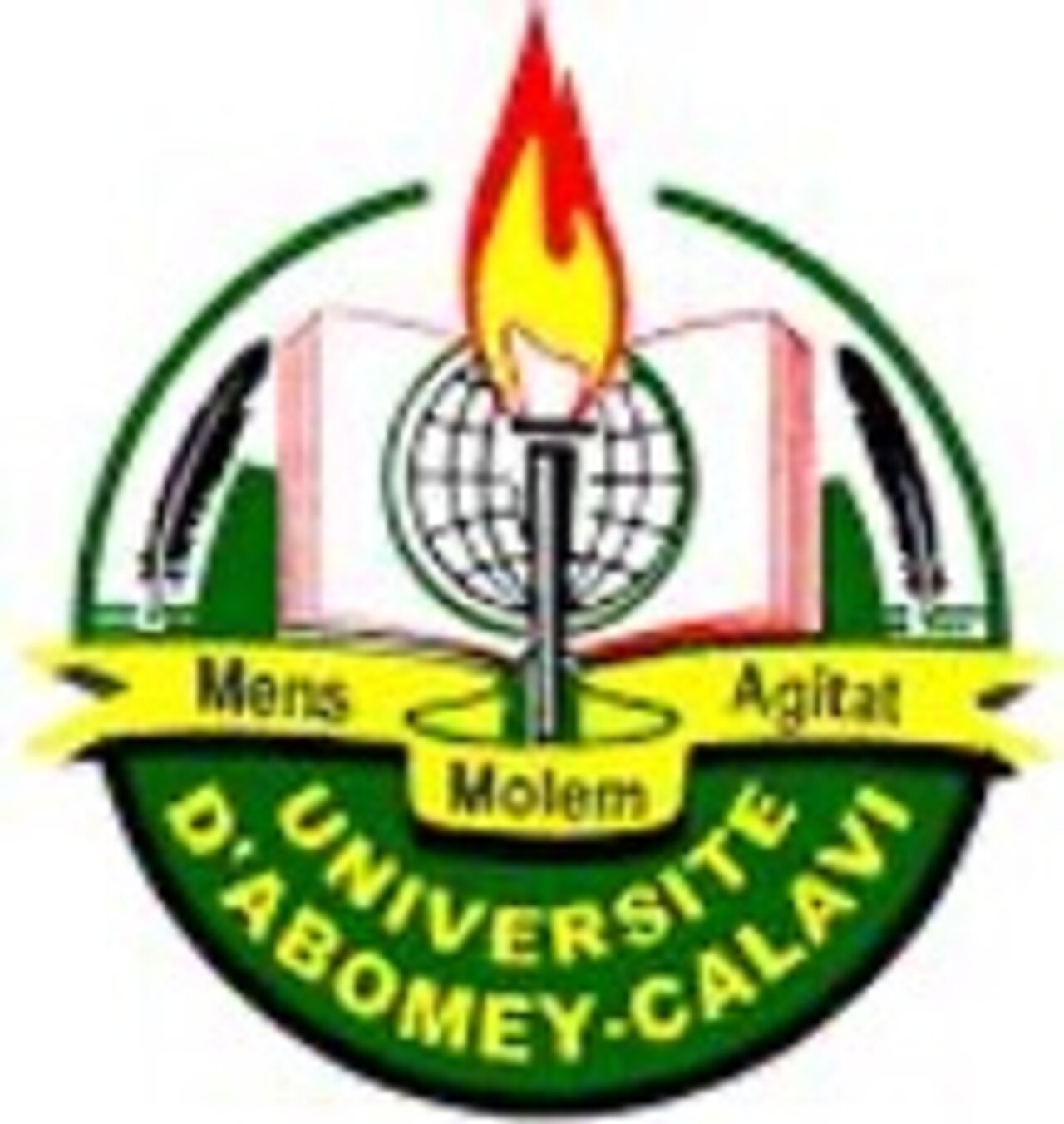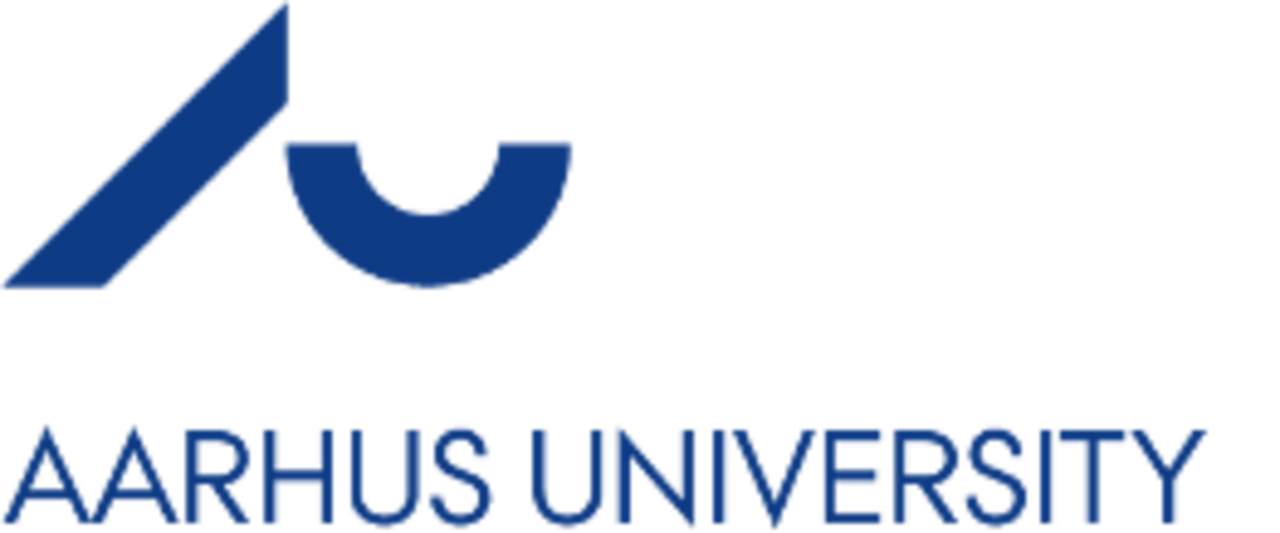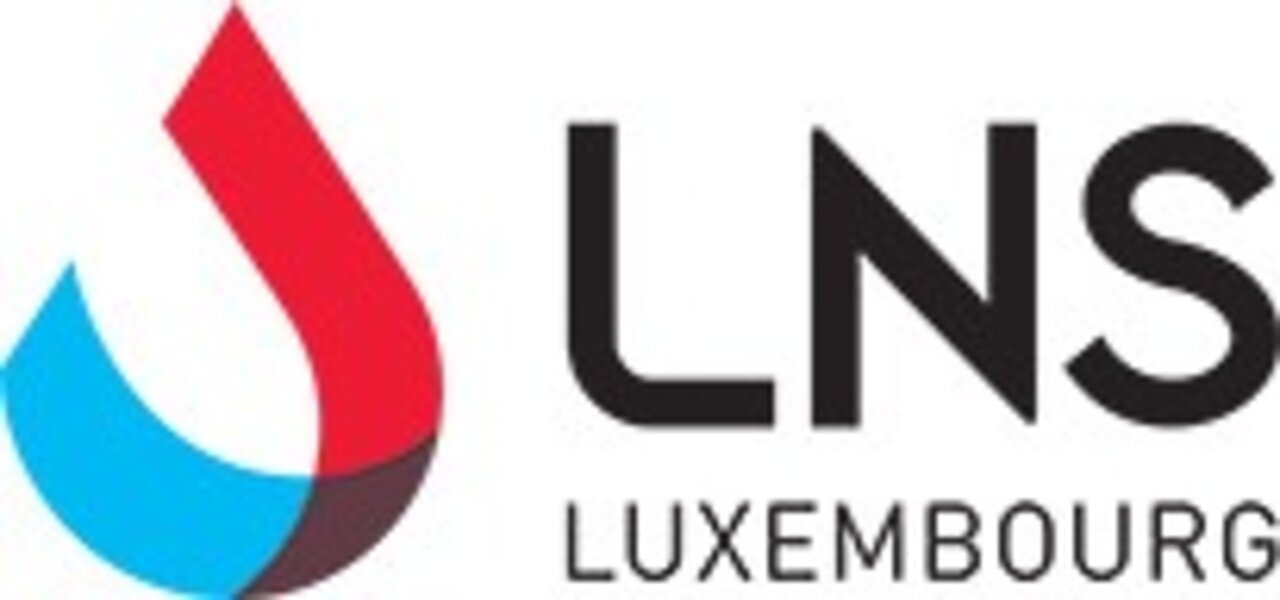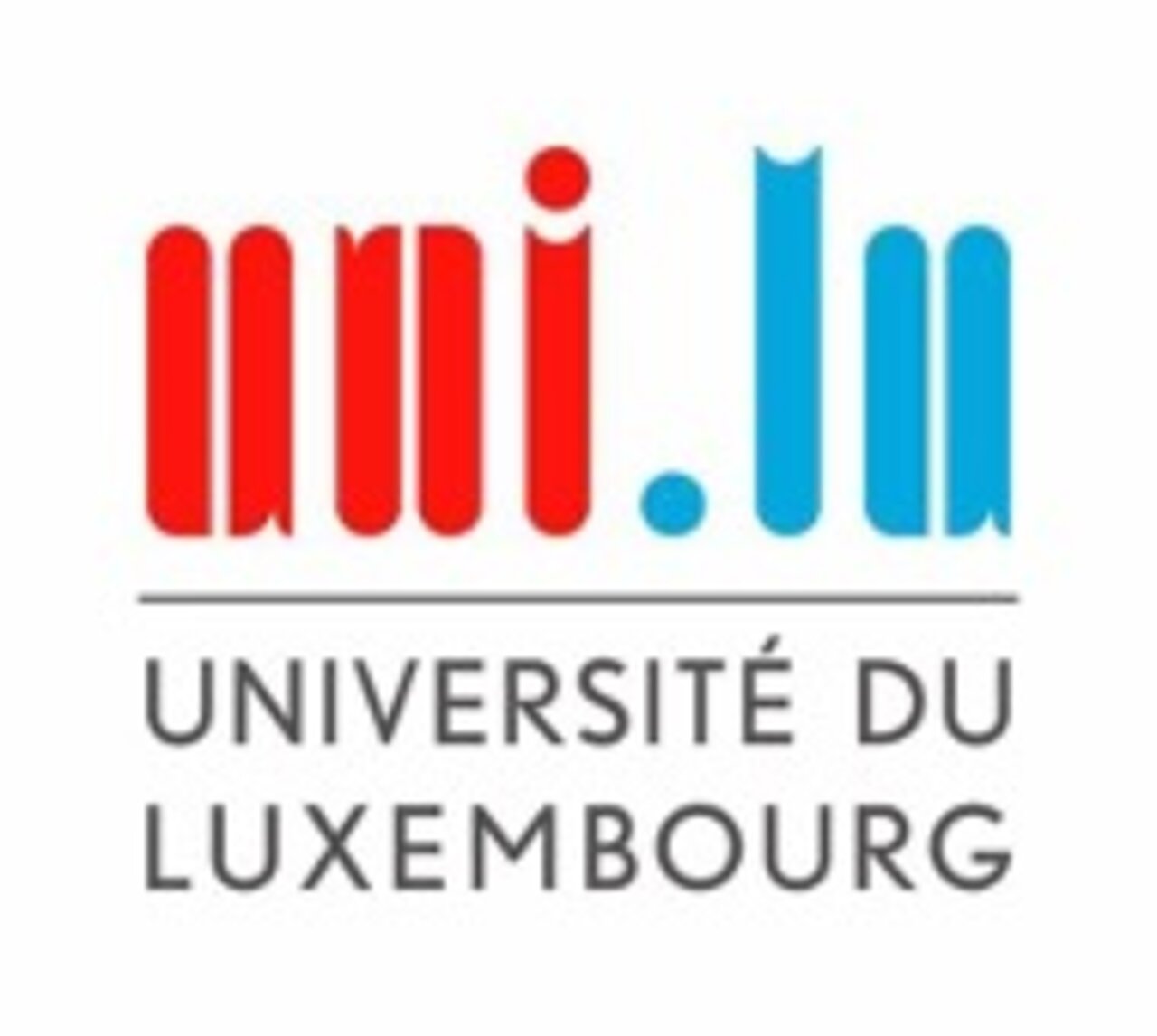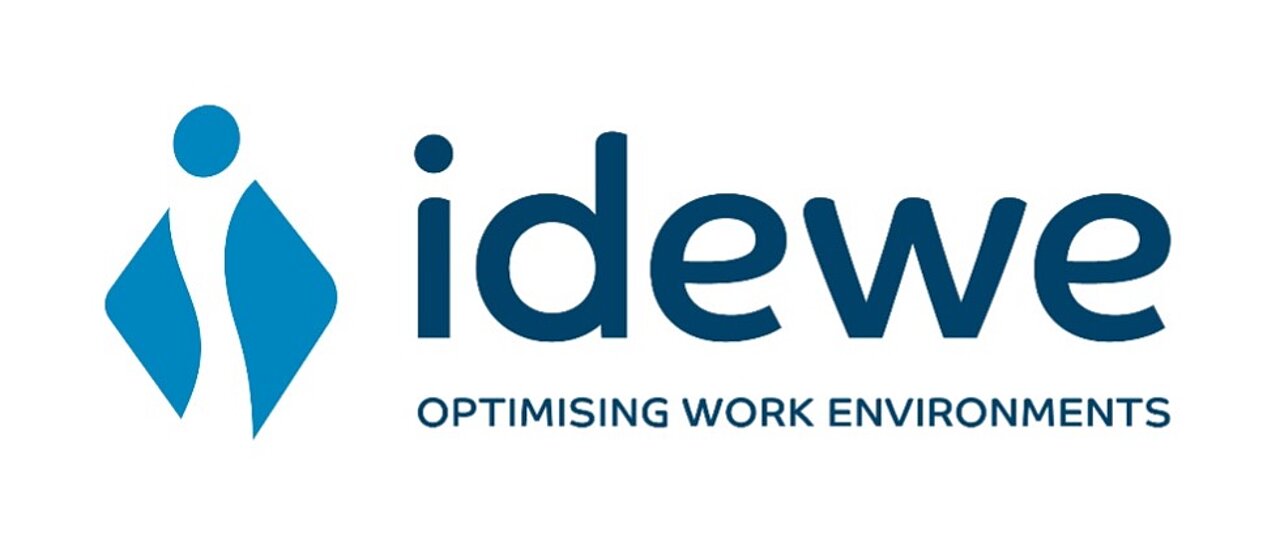
Description
Katholieke Universiteit Leuven or KU Leuven, is a Catholic research university founded in the city of Leuven in Belgium in 1425. The university flourished due to the presence of famous scholars and professors for centuries and has a satellite of campuses in different cities of Belgium, including Brussels the capital. KU Leuven is the largest university in Belgium and the Low Countries, and gathers more than 60,000 local and international students in 2022.
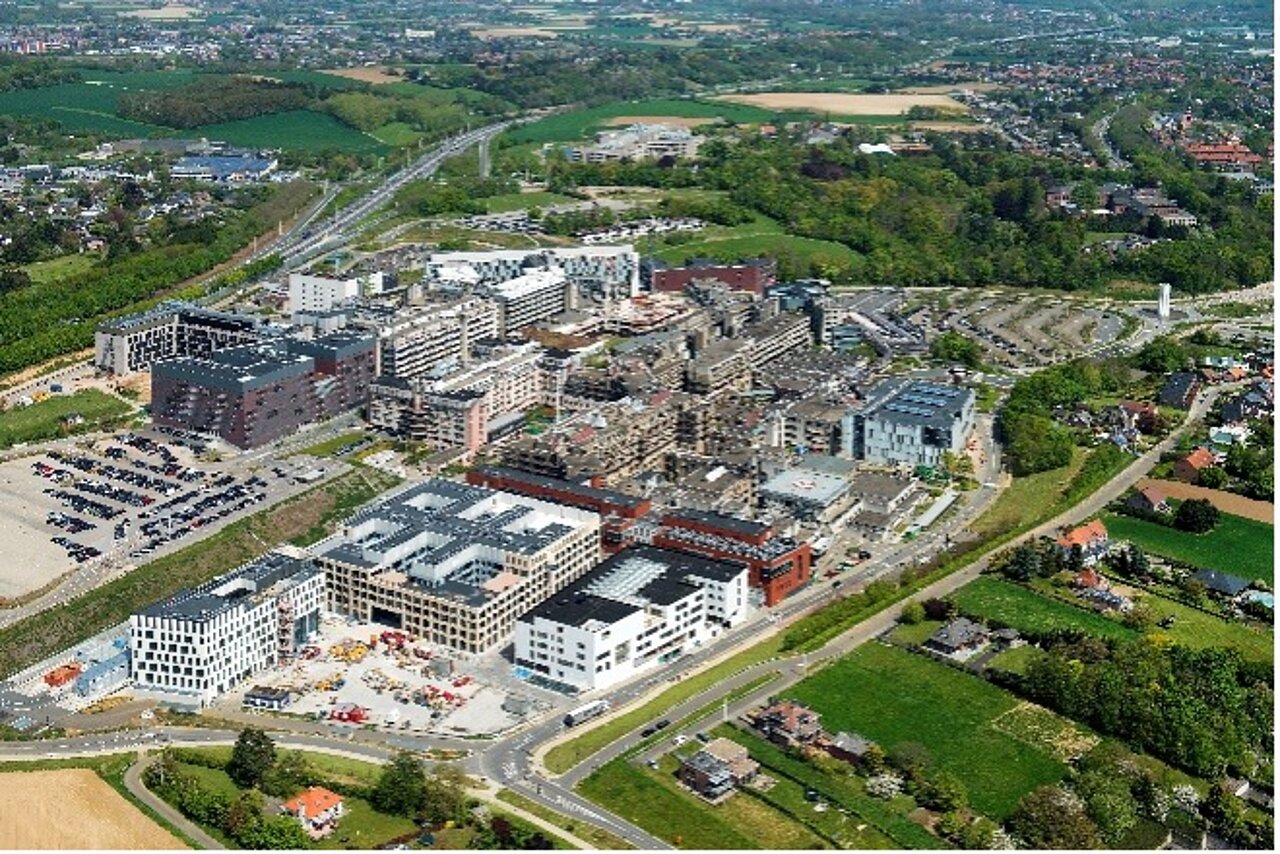
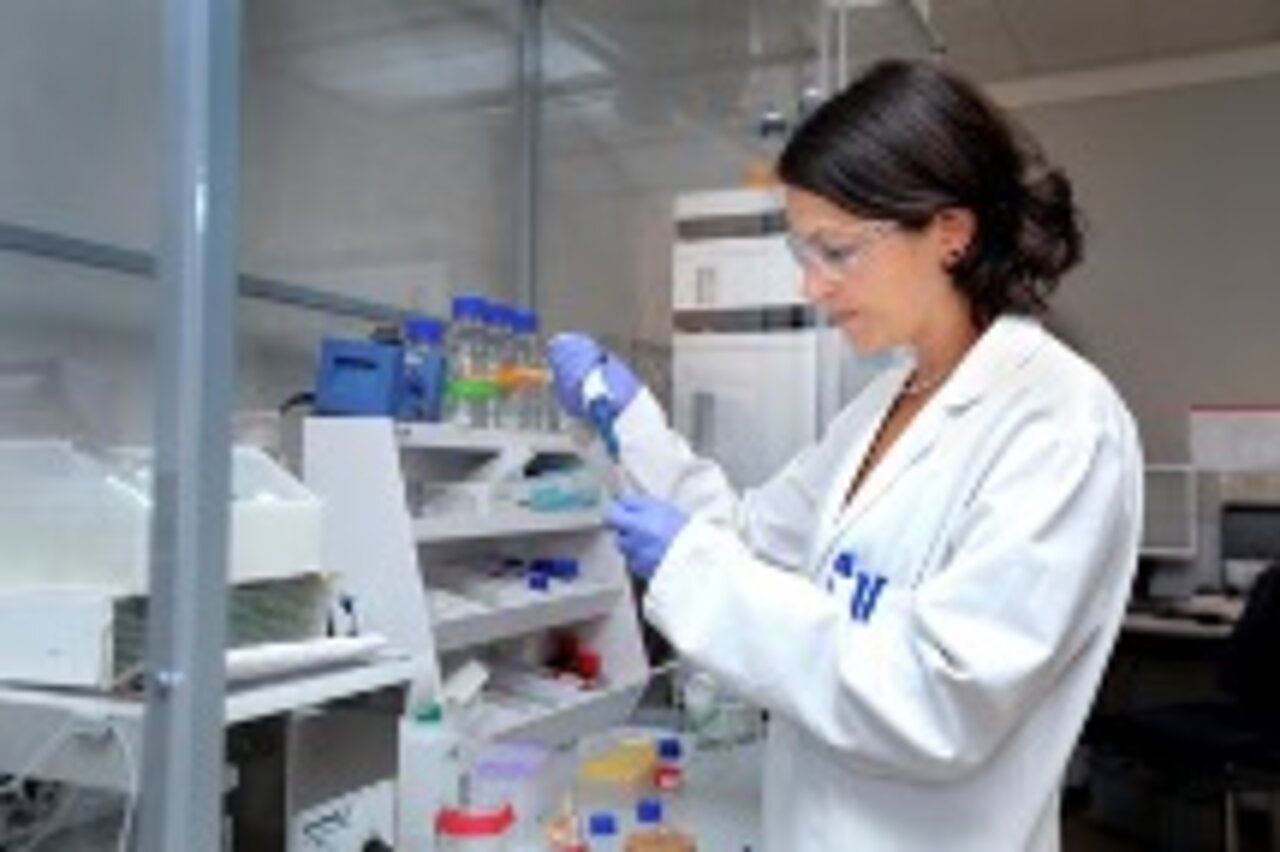
KU Leuven is dedicated to education and research in nearly all fields, with fifteen faculties that offer classes and degree-granting academic programs, whilst research activities are organized by departments and research groups. The department of Public Health and Primary Care of KU Leuven benefits from an immense network of experts, with expertise in many fields namely environment and health, and from the capacities of national and international researchers, and researchers with a multitude of different disciplinary backgrounds or excellent interdisciplinary research creating an impact on society and public health.
Contribution of KUL to BioNet
The vision of KU Leuven within BioNet is to develop and improve environmental and occupational health services in Africa and increase the number of African research studies and researchers in the field by the end of the project. KU Leuven also engages to:
- Provide the scientific knowledge and research assistance on environmental and occupational health
- Share the technical expertise in the matter of Human and Environmental Biomonitoring
- Provide guidance and assistance for the establishment of the sentinel surveillance system in African partner countries
Contacts
- Professor Dr. Lode Godderis: [email protected]
- Mrs. Kaoutar Chbihi: [email protected]
- Mrs. Aziza Menouni: [email protected]
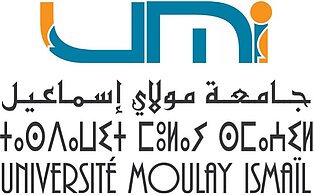
Description
Moulay Ismail University is a non-profit public higher education and scientific research institution, located in Meknes, Morocco, and established on October 23, 1989. The university gathers 5 faculties and 4 schools, with 6 other schools and institutions under construction and development. It rapidly became a reference structure across the country with more than 890 teacher-researchers and more than 520 administrative and technical civil servants.

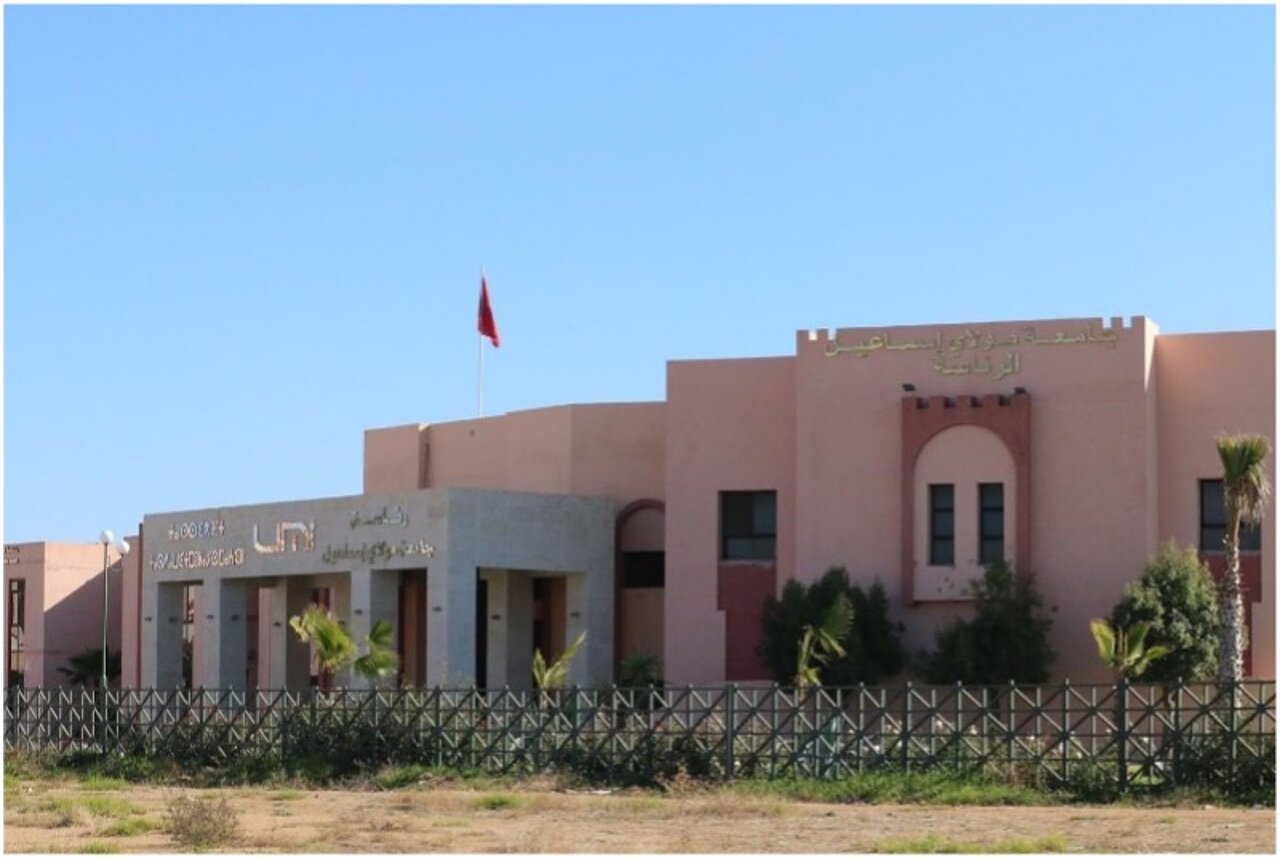
Moulay Ismail University of Meknes has the mission to provide to its students a diversified training offer that would build their capacities to be ready to integrate the world of work. Also, the university promotes scientific research in several disciplinary domains, and has a remarkable experience in the field of environmental health, namely by the conduction of numerous research studies on exposure assessment to different environmental pollutants (i.e. pesticides, flame retardants, heavy metals, cytostatic drugs, air pollutants and particulate matters). One of the emblematic research projects conducted within the university on such field is the “Offspring Epigenome (PAPOE)” study that assesses the influence of parental pesticide intake during pregnancy on offspring DNA methylation status.
Contribution of UMI to BioNet
Within BioNet, Moulay Ismail University is the lead of the WP 2 on the State of the Art. Within this WP, UMI ensures the follow-up for the mapping of experiences in terms of research and education on environmental health and human biomonitoring in African universities and for revealing the needs and priorities of the African populations vis-à-vis the exposure to environmental health hazards. In this project, and as per its expertise in environmental health research, UMI supports and assists the African partners in the establishment of the training for capacity building in environmental and human biomonitoring (WP3) and in the effective implementation of the sentinel surveillance system in Africa (WP4).
Contacts
- Professor Samir El Jaafari [email protected]
- Prof. Younes Filali-Zegzeouti ([email protected])
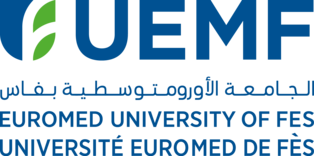
Description
The Euro-Mediterranean University of Fez (UEMF) is a non-profit higher education and research institution recognized by the Moroccan State, dedicated to fostering excellence in education, research, and innovation within the Euro-Mediterranean region. Emphasizing sustainable development, UEMF has established an eco-campus adhering to international environmental standards, featuring energy-efficient buildings, renewable energy utilization, and water conservation systems. UEMF offers advanced programs in environmental engineering and health sciences, integrating practical research to address societal challenges.
The Health Pole at the Euromed University of Fes serves as an umbrella structure bringing together education, research, and innovation in public health, environmental health, biomedical engineering, and preventive medicine. Collaborations with renowned institutions enhance its academic offerings and research capabilities. UEMF is committed to promoting public health through initiatives like campaigns and health awareness programs, contributing significantly to the well-being of the community.
UEMF is part of several EU initiatives, and its involvement in the BIONET project is a testament to its strong commitment to interdisciplinary research, international cooperation, and advancing health and environmental sustainability not only in the Euro-Mediterranean region, but also within the African Continent.
Contacts
- Professor Salim Bounou [email protected]
- Professor Abdelghafour Marfak [email protected]
Description
Jimma University was established in 1999 through a merge of Jimma College of Agriculture (est. 1952) and Jimma Institute of Health (1983). Jimma University is known for its innovative educational approach for the past 3 decades referred to as a National Pioneer in Community Based Education (CBE) Philosophy. Currently Jimma University is operating with 2,194 academic Staff, 6990 administrative staff, 888 health professionals and 42,959 students.
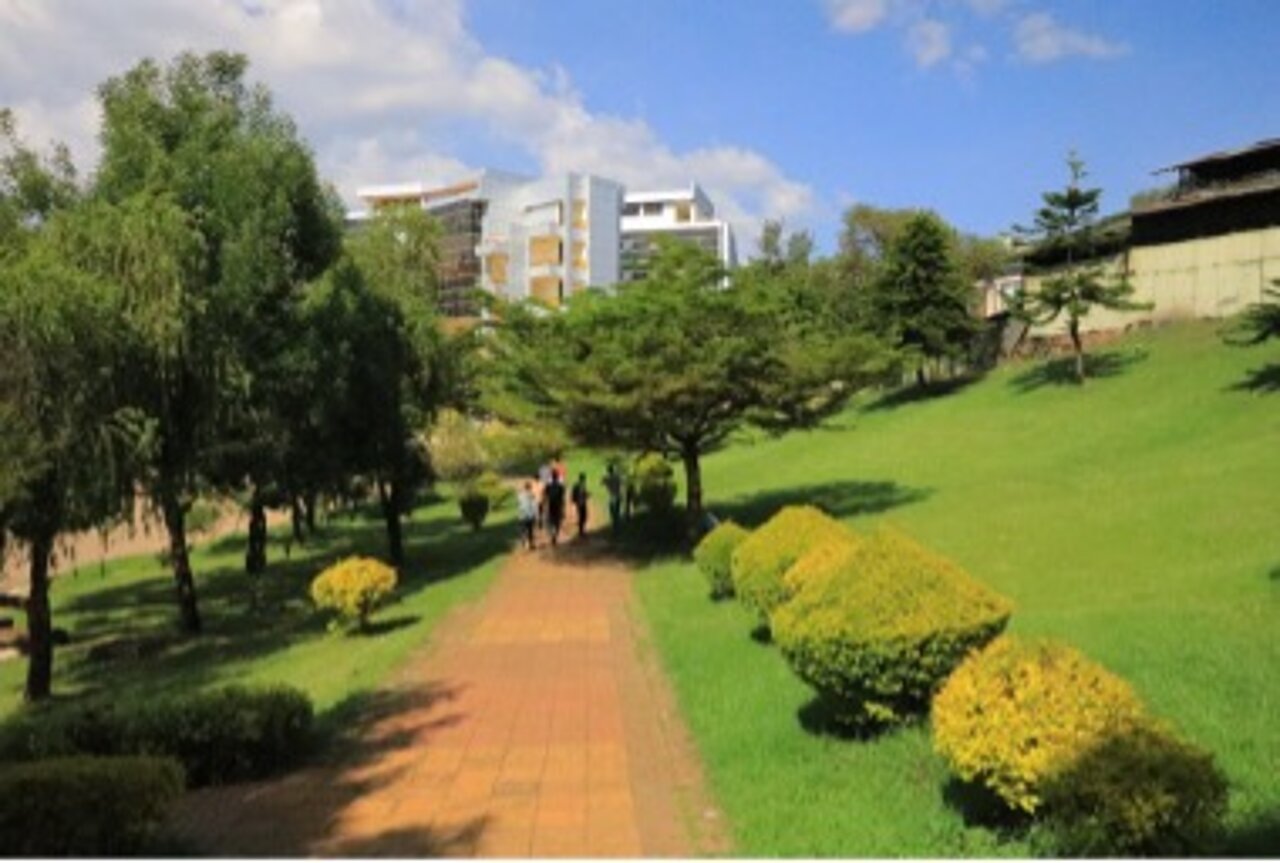
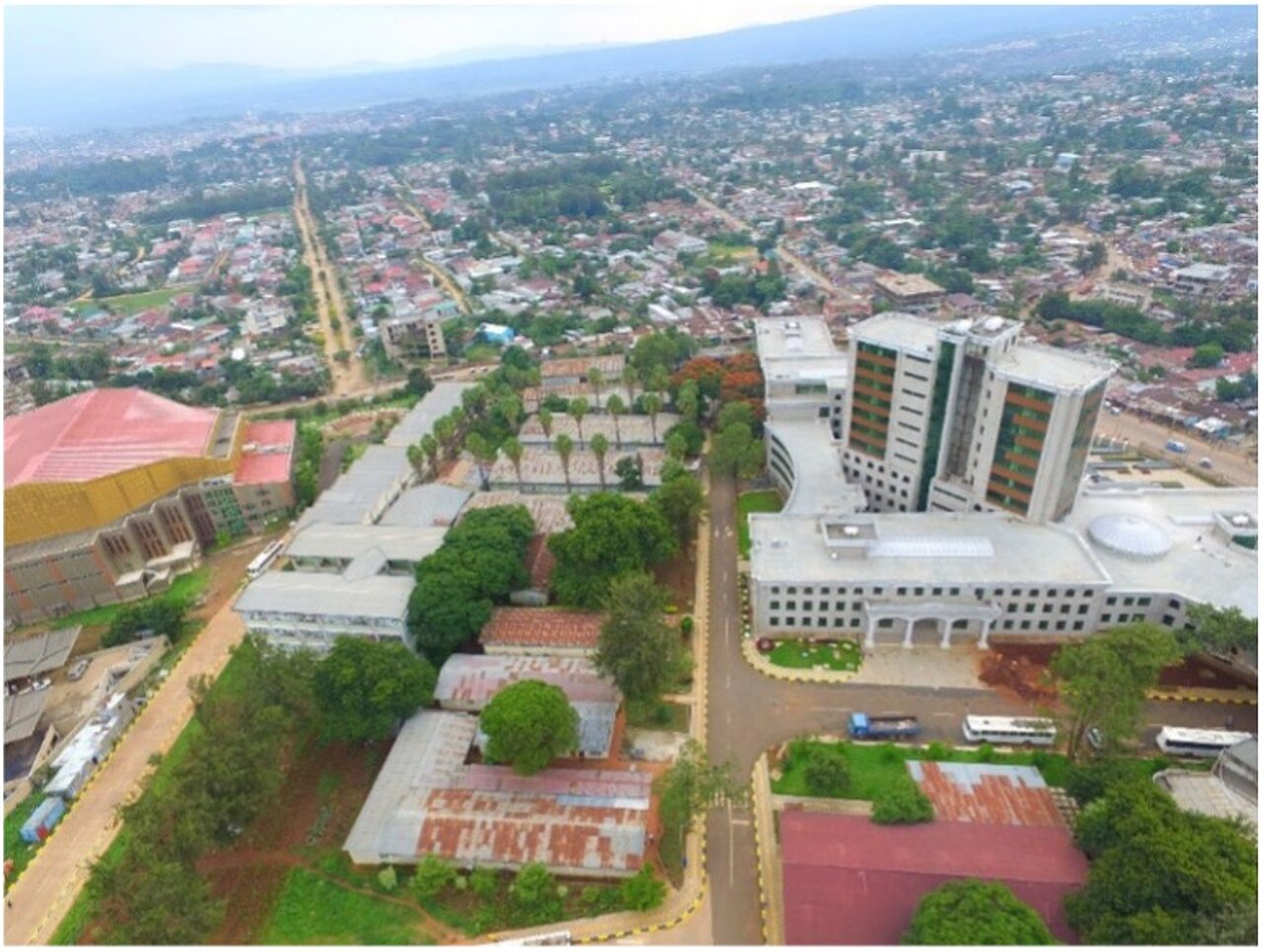
JU is a member of several national and international networks and a number of staff and students exchange and mobility programs. It has numerous international research projects and is working with a number of national and international organizations and universities.
Contacts
- Professor Kassahun Ebba Tadesse [email protected]
- Professor Gudina Terefe Tuscho [email protected]
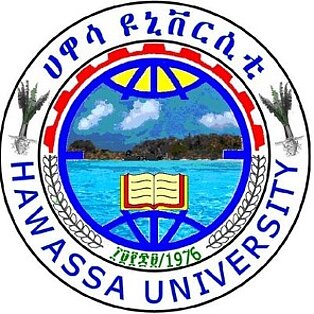
Description
Hawassa University (HU) is a leading public university in Ethiopia, established in 1976. It boasts 9 colleges, 3 institutes, and 7 campuses, both within and outside of Hawassa City. The university has a strong academic capacity, with over 32,000 students enrolled in 309 academic programs, including 103 undergraduate, 195 graduate (141 Masters, 54 PhD), and 11 Medical Specialty (10 specialty and 1 sub-specialty) programs, across regular and continuing education programs.
As one of the 8 Research Universities in Ethiopia, HU is committed to advancing multidisciplinary teaching and learning, conducting problem-solving research, and delivering research-informed services to the community. The university has a proven track record of contributing to the country's development, with 63 collaborative projects (53 international and 10 local) involving 101 global and 91 local partners.
Contribution of HU to BioNet
The BioNet project is a valuable collaboration for HU, particularly for the Department of Environmental Health, which conducts research and teaches undergraduate and graduate students in areas such as toxicology, biomonitoring, air, water, and soil pollution, occupational health and safety, exposure assessment, and epidemiology. As one of the partners of the BioNet project, HU will play an active role in implementing online training for teachers and physicians on assessing environmental exposure in the population, as well as establishing a research team (WP3). The university will also implement a sentinel surveillance system for human biomonitoring in the country and work towards its sustainability by linking it to the national system (WP4). Additionally, HU will contribute to the dissemination of the project's findings and be part of establishing a Euro-African biomonitoring research team by the end of the project (WP5).
Contacts
- Professor Embialle Mengistie Beyene [email protected]
- Professor Beekam Kebede Olkeba [email protected]
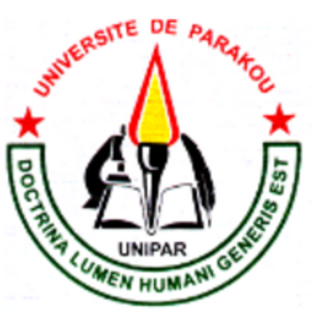
Description
University of Parakou (UP) is the second largest public university in Benin. It was created on September 18, 2001 as an autonomous national establishment by decree n°2001-365, supplemented by Arrêté N° 2001- 091/MESRS/DC/SG/SP of October 19, 2001 defining its organization and operation. UP is a public, scientific, technical and cultural entity, with legal personality and financial autonomy. For over twenty years, this university has contributed to the country's development through the graduates. It makes available the research products to the community. In 2023, UP will have eleven (11) training and research units.
- Doctoral School of Legal, Political and Administrative Sciences (EDSJPA)
- Doctoral School of Agricultural and Water Sciences (EDSAE)
- National Training School for Senior Technicians in Public Health and Epidemiological Surveillance (ENATSE)
- National School of Statistics, Planning and Demography (ENSPD)
- Faculty of Agronomy (FA)
- Faculty of Economics and Management (FASEG)
- Faculty of Law and Political Science (FDSP)
- Faculty of Letters, Arts and Human Sciences (FLASH)
- Faculty of Medicine (FM)
- Institute of Nursing and Obstetrics (IFSIO)
- University Institute of Technology (IUT)

These entities train students for Bachelor's and Master's degrees in the classical faculties and schools, Doctorates in the Faculty of Medicine and PhD in the doctoral schools. Student dissertations and theses are often the results of research work carried out by students under the supervision of lecturers. For the 2021-2022 academic year, 23,413 students are enrolled at UP. The total number of degrees awarded annually was estimated at 3,857 in 2019. As of March 2022, UP's staff includes 156 administrative staff, 247 teacher-researchers and 3 researchers.
UP also has 15 research laboratories. For the most part, these laboratories operate based on their founding decrees and/or internal regulations. Their research work is in line with the themes defined by UP's strategic research plan. Their scientific work also integrates the end-of-training research carried out by bachelor's, master's and PhD students in the Training and Research Units (UFR) and Doctoral Schools. Through its laboratories, UP has carried out a number of research and development projects funded by the European Union, the African Union, the Bill Gates Foundation, the International Foundation for Science, Belgium's Académie de Recherche de l'Enseignement Supérieur (ARES), the Fondation Wallonie-Bruxelles, the International Development Research Centre of Canada (IDRC), etc. UP is a beneficiary of the project "Euro-African Biomonitoring Network for the assessment of environmental exposure in population through universities and occupational health services" - BIONET financed by the Erasmus+ program ERASMUS-EDU-2022-CBHE.
Contribution of UP to BioNet
In this BioNet project, UP is contributing to:
- The assessment of the state of knowledge on biomonitoring for the evaluation of environmental exposure of the population through universities and occupational health services;
- the participation in various workshops and project activities;
- the capacity-building for its staff, political decision-makers and local players, as well as university academics;
- the collection and analysis of data to assess the environmental exposure of the population;
- the production of project deliverables and the capitalization of best practices.
Contacts
- Professor Janvier Egah [email protected]
- Professor Mohamed Nasser Baco
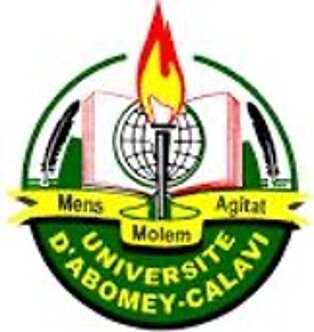
Description
The Université d'Abomey-Calavi (UAC) is a higher education institution located in Benin, West Africa. Founded in 1970, it has six (6) university centers, each housing a variable number of faculties, schools or institutes and UNESCO Chairs, for a total of 41 training and research entities. In 2022, a total of 431 training courses are offered, including 174 Bachelor's level courses, 198 Master's level courses and 59 Doctorate level courses.
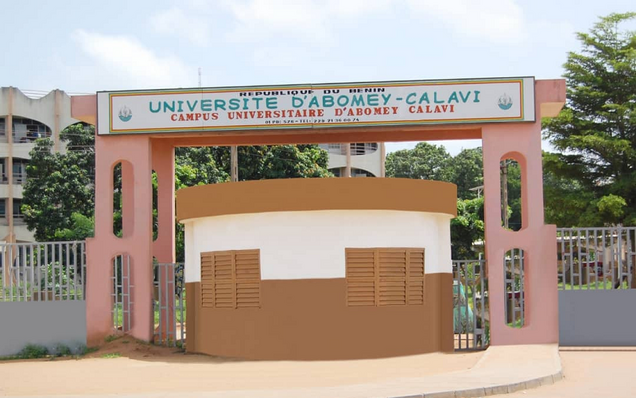
The UAC is home to the Institut Régional de Santé Publique, a training, research and service establishment dedicated to the health development of the countries in the region. The institute conducts research in public health, health development and health and the environment.
Contribution of UAC to BioNet
The beneficiary UAC of the BioNet project will participate in the preparation of a synthesis document ("State of the Art"), presenting the training and research projects already available and the studies on health and environmental biomonitoring and/or occupational biomonitoring carried out by the partner universities, based on the documentation provided by each university (WP2). In addition, the UAC will contribute to the development of materials and programs for teachers and trainers (WP3).
Contacts
- Professor Nonvignon Marius Kêdoté [email protected]
- Professor Ghislain Emmanuel Sopoh [email protected]
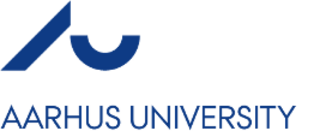
Description
Aarhus University (AU) was established in 1928 and has since developed into a major Danish university with a strong international reputation across the entire research spectrum. The main campus of Aarhus University (AU) is located in the middle of Aarhus. Aarhus University is Denmark’s second-largest university, with 36,500 students, 8400 employees, five faculties, and research activities all over the country and campuses in Aarhus, Herning and Roskilde.

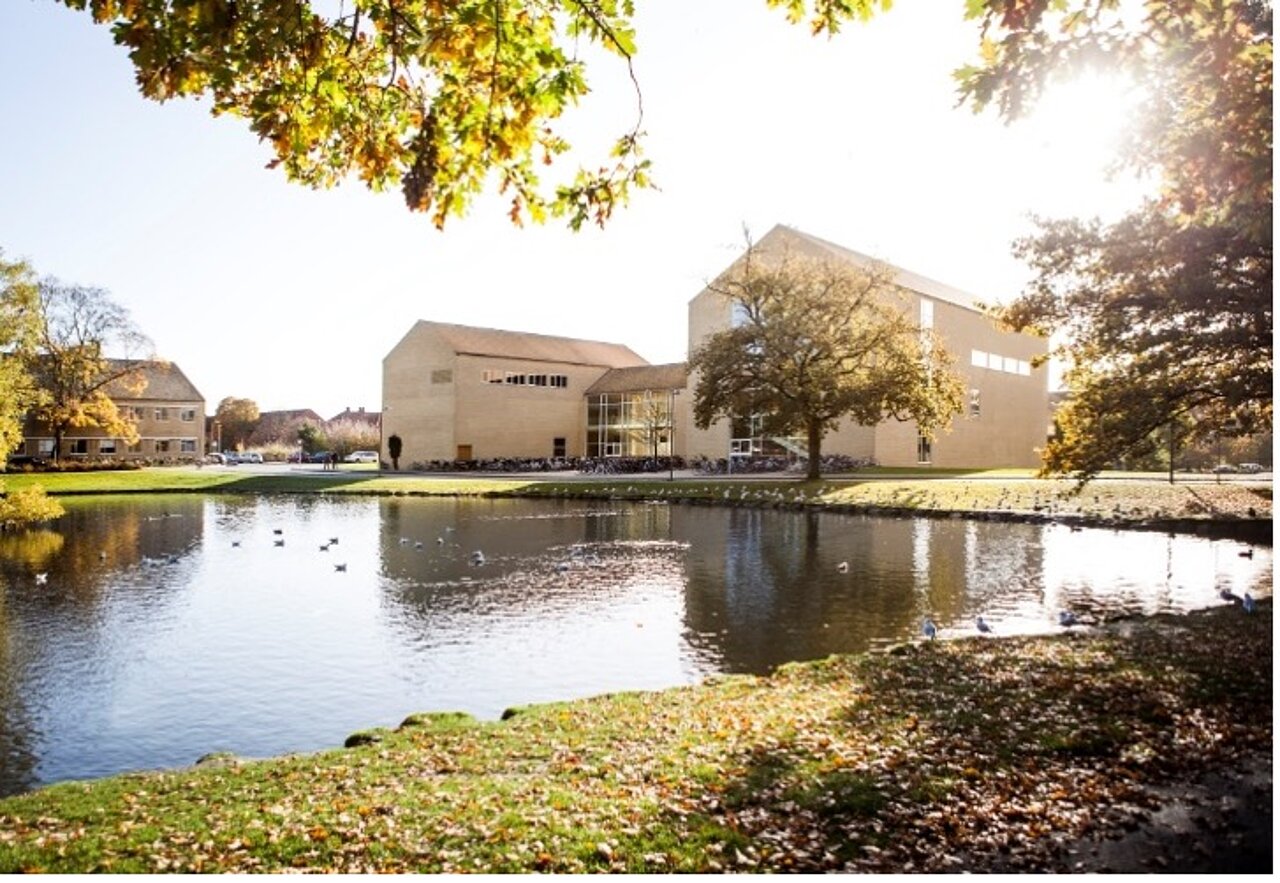
Research and education of the highest international quality are at the core of AUs mission, and strong partnerships with our society are at the heart of the university’s activities. Thanks to its size and reputation as a leading research-intensive university, Aarhus University has strong impact and influence across the entire academic spectrum - locally, nationally and globally.
The Department of Public Health works to promote public health. We conduct research into the health challenges facing society – to promote health and to prevent, treat and alleviate disease. The Public health department includes a vast network of experts in public health exposures and health who collaborate and share knowledge with citizens, decision-makers, business and industry, practitioners and other researchers – in municipalities, regions and both nationally and internationally.
Contribution of AU to BioNet
The role of AU within BioNet is to help connect European and African academics and health professionals specialized in environmental health to share and multiply their national and internal experience and expertise. Our work in BioNet is concentrated around workpackage 3 (Training) providing expertise in data collection and exposure assessment and in workpackage 5 (communication and dissemination) focusing mainly on development of dissemination tools, planning and executing the first study visit and training in Denmark in November 2023, to organize the first Euro-African Academic conference on sentinel surveillance and environmental health in Morocco at study end and to develop awareness campaigns to the public in the three participating African countries (Benin, Ethiopia, and Morocco).
Contacts
- Professor Vivi Schlünssen [email protected]
- PhD Anupa Rijal [email protected]

Description
The Laboratoire national de santé (LNS) is a public institution operating under the supervision of the Ministry of Health in Luxembourg. Organized as a multidisciplinary institute, its four scientific departments and two diagnostic centers include services and units related to the fields of morphological and molecular pathology, genetics, medical biology, microbiology, Forensic medicine and health protection.


The purpose of the LNS is to develop analytical and scientific expertise related to the prevention, diagnosis and monitoring of human diseases and to ensure the role of a national control or reference laboratory as well as to carry out forensic tasks. The institution also contributes to the development, harmonization and promotion of technical laboratory methods in close collaboration with local and foreign analytical laboratories. Within the scope of its responsibilities, the LNS also develops research and teaching activities in collaboration with ad hoc partners in Luxembourg and abroad. The Unit ‘Environmental Hygiene and Human Biological Monitoring’, as part of the Health Protection department, has strong expertise in indoor pollution, occupational hygiene and human biomonitoring.
Contribution of LNS to BioNet
The LNS is involved in the WP1 and WP3. The institution will work on standardized templates for the summary reports. Moreover, an online e-learning platform will be developed in collaboration with the University of Luxembourg, and the LNS will help develop 5 online training modules in FR and EN that will lead to certification.
Contacts
- Professor Ann Van Nieuwenhuyse [email protected]
- Dr. Radu-Corneliu Duca [email protected]
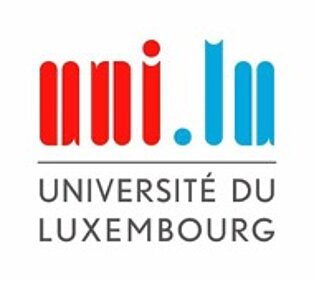
Description
Founded in 2003, the University of Luxembourg is an international research university with a distinctly multilingual and interdisciplinary character. It strives for excellence in both fundamental and applied research and in education. With a high proportion of postgraduate students, it drives innovation for society and successfully combines research, teaching and societal impact.


At the Faculty of Science, Technology and Medicine (FSTM), the Department of Life Sciences and Medicine (DLSM) is committed to reach excellence in research and education in Life Sciences. An important mission of the DLSM is to train the next generation of scientists and healthcare professionals by offering state-of-the-art teaching programs in Biology, Medicine and Nursing. DLSM research activities combine basic and translational, wet lab and computational research to address critical questions in human health and disease, with a focus on tumor biology.
Contribution to the BioNet project
Researchers and lecturers at the DLSM coordinate and are involved in teaching activities across all the study programs related to Biology and Medicine; teaching experience ranges from Bachelor to Master level in – among others - Molecular Medicine, Immunology, and Biochemistry. Institutions and lecturers have profound expertise in online training, the UL will therefore be responsible for developing an e-learning platform to host online training program for occupational health providers about human biomonitoring and occupational and environmental exposure.
Contacts
- Dr. Elisabeth Letellier [email protected]
- Dr. Martina Biehler [email protected]
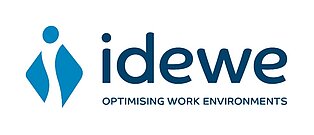
Description
IDEWE is the largest Belgian occupational service for wellbeing at work, focusing on monitoring exposures to work-related risks, promoting physical and mental health at work. IDEWE offers a wide range of prevention services, from multidisciplinary advice and monitoring to training and advice on occupational medicine, hygiene and safety, psychosocial factors and ergonomics. Nearly 1,000 IDEWE experts support more than 35,000 employers and 800,000+ employees every day. Due to this customer portfolio, IDEWE has a large sales market to evaluate exposome data.
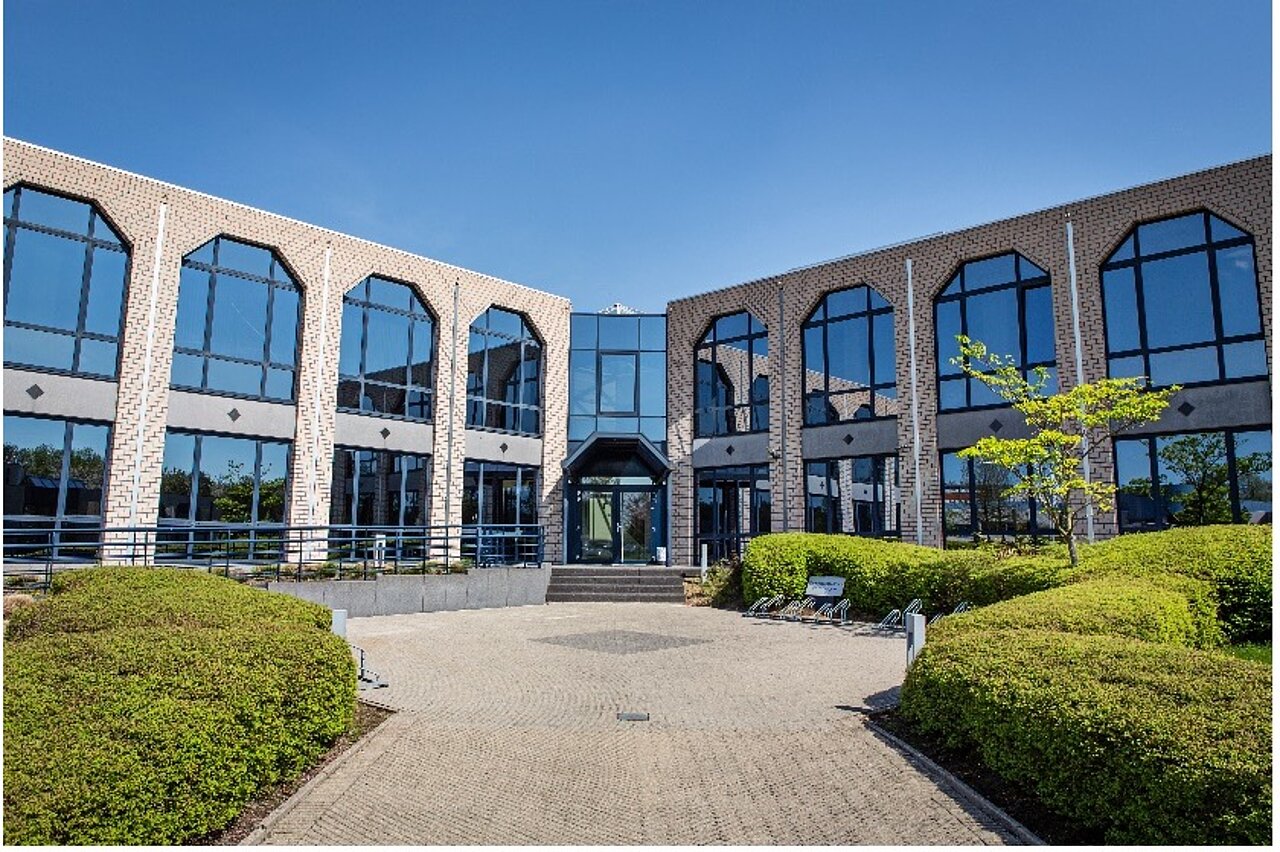
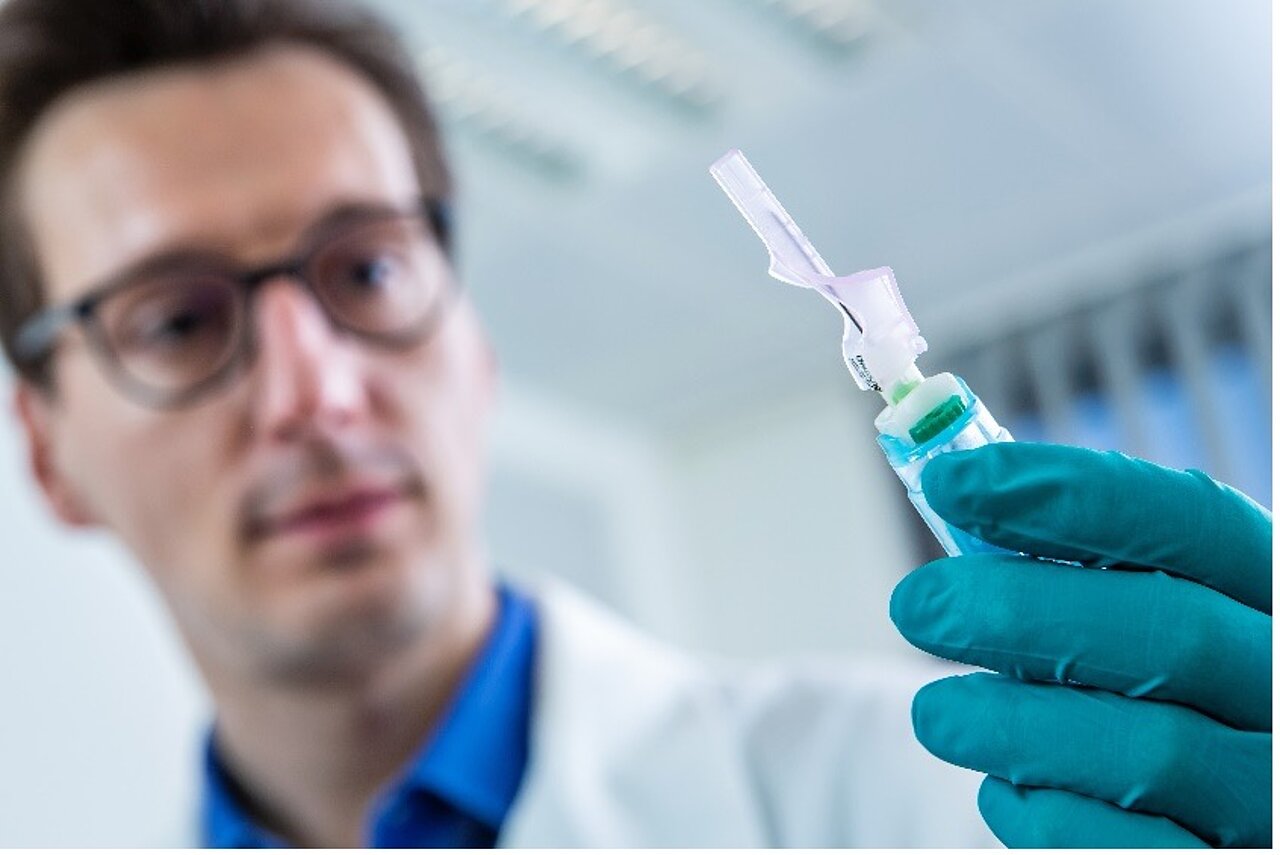
The Knowledge, lnformation and Research (KlR) department of IDEWE consists of more than 20 researchers and consultants from a variety of research fields. Performing applied, practice-based research is part of the mission of IDEWE. The researchers specialize in the development, implementation and valorization of evidence-based and practice-oriented tools and services, inspired by the Human Design Thinking approach. ln addition, they provide data-driven insights to employers and employees in the various areas of well-being at work.
Contribution of IDEWE to BioNet
IDEWE is an associate partner of BioNet project and collaborates with KU Leuven to create the Human Sentinel Platform (HSSP). This platform is designed to investigate, develop, and implement international sentinel surveillance methods in support of human biomonitoring surveys. It provides an infrastructure for conducting surveillance, network establishment, and training the health professionals involved. BioNet is one of the active networks linked to this platform.
Contacts
- Professor Dr. Lode Godderis [email protected]
- Dr. Sofie Vandenbroeck [email protected]


